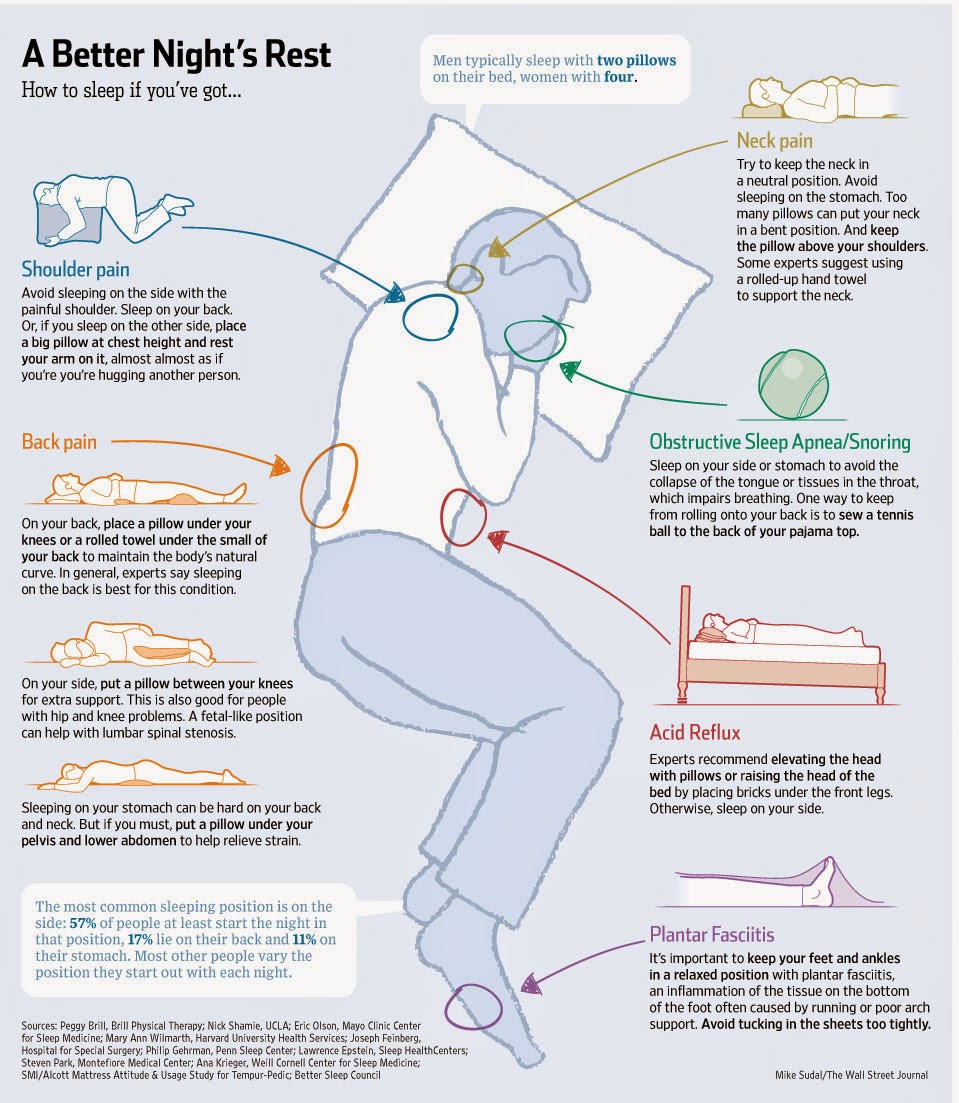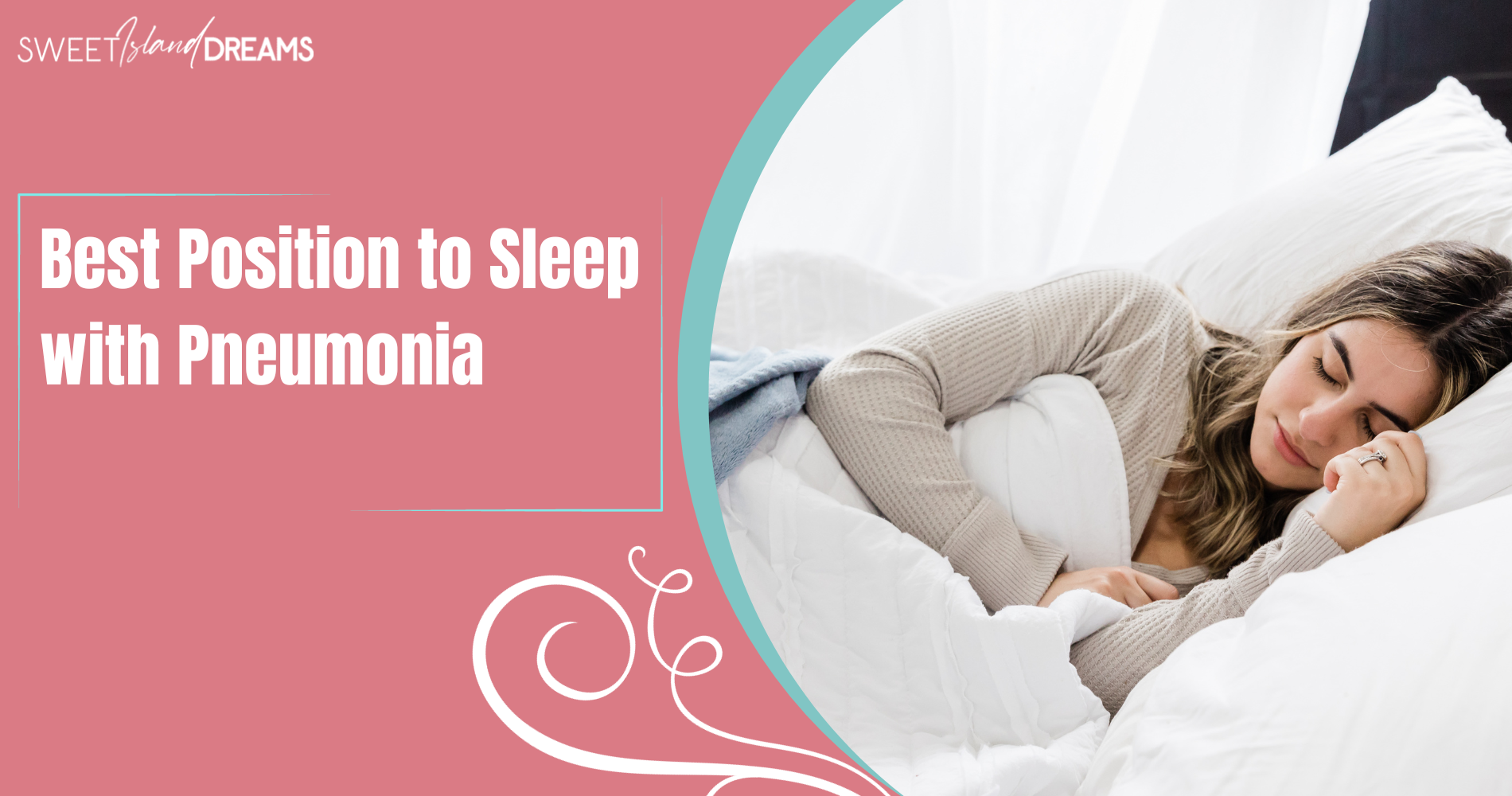Have you ever woken up feeling a bit stiff after a night on the floor? Perhaps you were camping, had a guest over, or your mattress decided to take a holiday. But what about the health implications? Is there any truth to the age-old rumor that sleeping on the floor can give you pneumonia? In this insightful exploration, we delve into the fascinating relationship between our sleep surfaces and our susceptibility to this common respiratory illness.

Image: komu.blob.core.windows.net
Pneumonia, a lung infection often accompanied by a nasty cough, chills, and fever, can be caused by various germs, including viruses, bacteria, and fungi. While the thought of a cold, hard floor leading to this illness might seem plausible, there’s a more nuanced story to be told.
The Connection Between Sleeping Surfaces and Pneumonia: A Closer Look
The truth is, there’s no direct link between sleeping on the floor and contracting pneumonia. Unlike a magical curse, the floor itself isn’t capable of transmitting this disease. Here’s why:
1. Germs Don’t Live on Floors Like a Horror Movie: Pneumonia is primarily spread through respiratory droplets and close contact with an infected person. The floor isn’t a breeding ground for these germs. In fact, germs are more likely to be found on surfaces like doorknobs, phones, and keyboards that we frequently touch.
2. It’s Not the Floor, It’s the Environment: While the floor might seem like a culprit, it’s often a reflection of the surroundings. If a room is poorly ventilated, dusty, or harboring potential sources of infection like a sick person, then sleeping on the floor won’t change the underlying health risks.
3. Your Immune System is Key: Our bodies are equipped with a powerful immune system to fight off infections. Whether you sleep on a plush mattress or a bare floor, maintaining good hygiene, eating a nutritious diet, and getting enough rest greatly strengthens your body’s defense against pneumonia.
What Really Increases Your Risk of Pneumonia?
While the floor itself doesn’t hold the key to pneumonia, certain factors significantly increase your risk of developing this illness. These include:
-
Weakened Immune System: Individuals with compromised immune systems, such as those undergoing chemotherapy or living with HIV/AIDS, are more susceptible to pneumonia.
-
Age: Very young children and older adults are more prone to respiratory infections like pneumonia.
-
Preexisting Conditions: Individuals with asthma, chronic obstructive pulmonary disease (COPD), or heart failure have a higher risk of developing pneumonia.
-
Certain Lifestyle Habits: Smoking, alcohol abuse, and inadequate handwashing habits can also increase the risk of pneumonia.
The Comfort and Potential Benefits of Sleeping on the Floor
While pneumonia isn’t a floor-based threat, there are some interesting arguments for ditching the mattress occasionally:
-
Improved Posture: Sleeping on a firm surface like the floor can promote better spinal alignment, especially if you’re prone to back pain.
-
Less Dust Mites: Dust mites, tiny creatures that can trigger allergic reactions, are less likely to thrive on a hard surface like the floor.
-
Reduced Back Pain: For some individuals, sleeping on a firm surface can help relieve back pain, especially if they have a tendency to sink into a soft mattress. However, this is not a universal solution and should be considered with caution.

Image: sweetislanddreams.com
Expert Opinions and Actionable Advice
Dr. Emily Carter, a renowned pulmonologist, emphasizes that “the floor itself isn’t a cause of pneumonia, but rather a factor in the overall environment.” She suggests that focusing on healthy habits like washing your hands regularly, maintaining a clean living space, and getting enough sleep are the most effective ways to keep pneumonia at bay.
Here are some practical tips you can use to minimize your risk of pneumonia while still enjoying a good night’s sleep on the floor:
- Ensure Fresh Air: Make sure your sleeping environment is well-ventilated.
- Clean Regularly: Dust and vacuum your floor often to minimize potential allergens and irritants.
- Wash Bedding Frequently: Keep your sheets, blankets, and pillowcases clean to prevent dust mites and germs from accumulating.
- Consider a Floor Mattress: If you find sleeping on a bare floor uncomfortable, explore a thin floor mattress for added support and comfort.
Does Sleeping On The Floor Cause Pneumonia
Conclusion
So, does sleeping on the floor cause pneumonia? The short answer is no. Understanding the real causes of pneumonia and taking preventive measures like good hygiene, regular cleansings, and maintaining a healthy lifestyle are much more effective than focusing on the sleeping surface. While the floor itself isn’t a health hazard, remember that comfort and well-being are paramount to enjoying a good night’s rest. Whether you choose to slumber on a cloud-like mattress or a hard floor, the key is to prioritize your health and create a sleep environment that promotes your overall well-being.



/GettyImages-173599369-58ad68f83df78c345b829dfc.jpg?w=740&resize=740,414&ssl=1)


